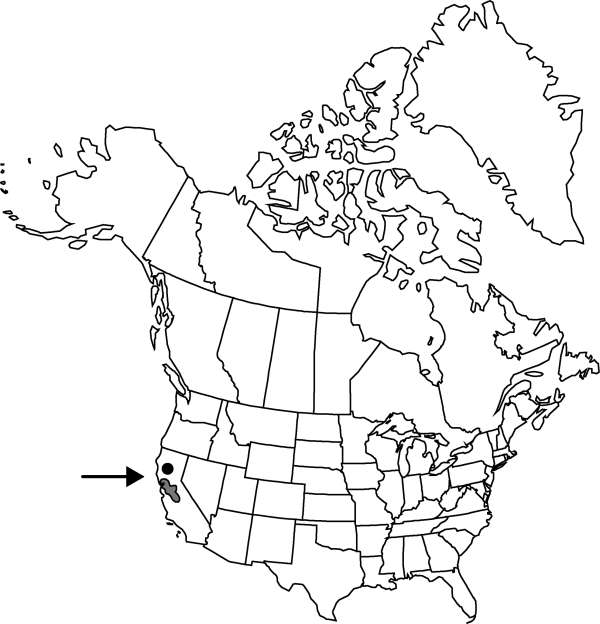familyChenopodiaceae
genusAtriplex
subgenusAtriplex subg. Obione
sectionAtriplex sect. Obione
subsectionAtriplex subsect. Pusillae
speciesAtriplex cordulata
Difference between revisions of "Atriplex cordulata var. cordulata"
imported>Volume Importer |
imported>Volume Importer |
||
| Line 43: | Line 43: | ||
|publication year= | |publication year= | ||
|special status= | |special status= | ||
| − | |source xml=https:// | + | |source xml=https://bitbucket.org/aafc-mbb/fna-data-curation/src/2e0870ddd59836b60bcf96646a41e87ea5a5943a/coarse_grained_fna_xml/V4/V4_696.xml |
|genus=Atriplex | |genus=Atriplex | ||
|subgenus=Atriplex subg. Obione | |subgenus=Atriplex subg. Obione | ||
Latest revision as of 22:00, 5 November 2020
Stems highly branched from base, 1–5 dm; branches mainly steeply ascending. Leaves: blade ovate to cordate-ovate or subcordate, 5–15(–20) × (3–)5–12 mm wide, base rounded to cordate-clasping, margin typically entire, or sparingly toothed below middle. Anthers red or purple. Fruiting bracteoles semicircular to deltoid-ovate in profile, 4–5 mm and about as wide, central tooth largest, scarcely though sometimes tuberculate on faces. 2n = 36.
Phenology: Flowering spring–fall.
Habitat: Hard trampled, somewhat saline or alkaline soils
Elevation: below 70 m
Discussion
Of conservation concern.
Atriplex cordulata var. cordulata often occurs with Distichlis spicata, Centromadia pungens, Suaeda moquinii, Spergularia macrotheca, Frankenia salina, Sporobolus airoides, and other annual Atriplex species.
Selected References
None.
Lower Taxa
None.
